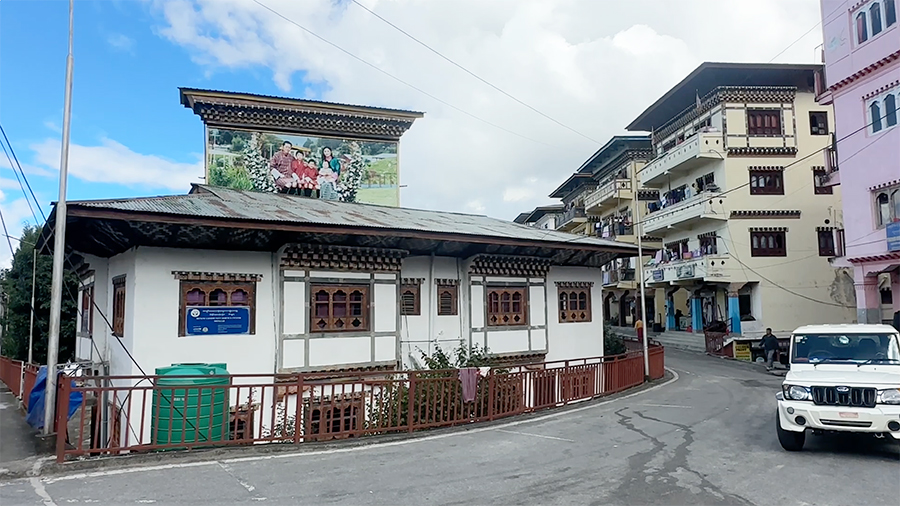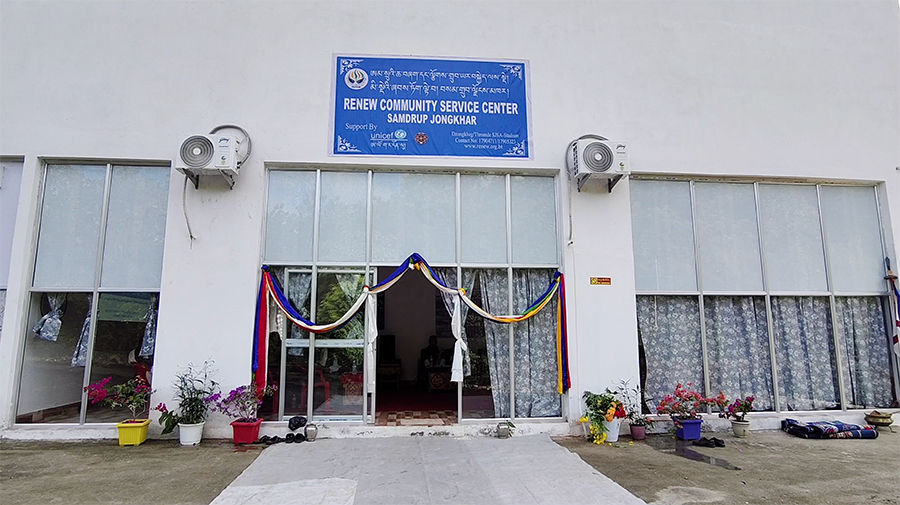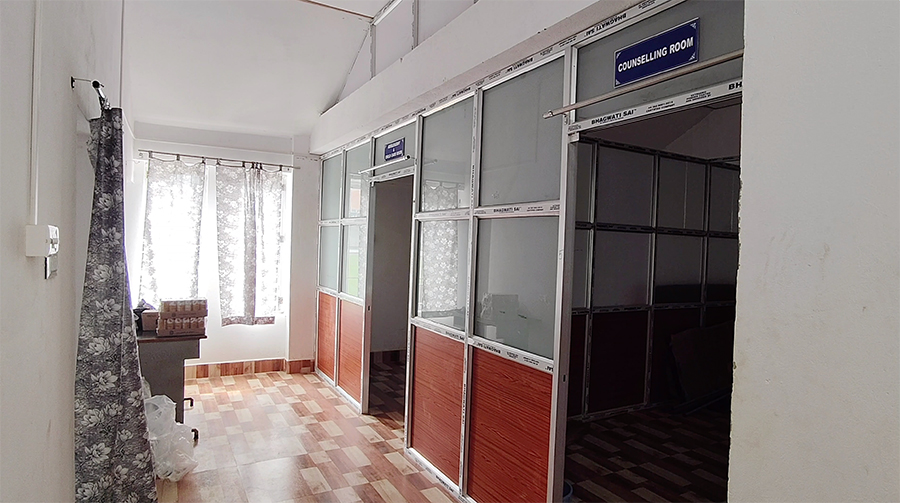In Bhutan, many women still face challenges because of old traditions and social norms. To help change this, RENEW is working to promote equality and stop gender-based violence through education and awareness. The organisation has now opened new Community Service Centres in Monggar and Samdrup Jongkhar, making it 14 centres across the country.
 The RENEW Community Service Centre in Monggar, located at Zhongar Park, began its operations in April this year. Since then, it has received 13 cases. Most of them are related to sexual and gender-based violence, as well as child protection and adoption.
The RENEW Community Service Centre in Monggar, located at Zhongar Park, began its operations in April this year. Since then, it has received 13 cases. Most of them are related to sexual and gender-based violence, as well as child protection and adoption.
 To address these challenges, the centre has been conducting regular sensitisation and awareness programmes. In just seven months, over 1,800 people have participated in its sessions, learning about gender equality, social issues, and the importance of seeking help.
To address these challenges, the centre has been conducting regular sensitisation and awareness programmes. In just seven months, over 1,800 people have participated in its sessions, learning about gender equality, social issues, and the importance of seeking help.
 From its small two-room office, the centre offers counseling, legal and medical referrals, and skills training to help women become economically independent.
From its small two-room office, the centre offers counseling, legal and medical referrals, and skills training to help women become economically independent.
Chimi Lhaden, the manager of RENEW Community Service Centre, Monggar said, “The power imbalance is deeply rooted in our society, but we can change this dynamic. With more awareness and education, we can build equality and empower women and families.”
 Similarly, the RENEW Community Service Centre in Samdrup Jongkhar has been reaching out to the community through awareness programmes, benefitting more than 2,000 individuals so far.
Similarly, the RENEW Community Service Centre in Samdrup Jongkhar has been reaching out to the community through awareness programmes, benefitting more than 2,000 individuals so far.
 Chang Chung, the manager of RENEW, Community Service Centre, Samdrup Jongkhar said, “So far, we have handled eight cases ranging from emotional to economic and sexual violence. We are providing care and support tailored to each client’s needs.”
Chang Chung, the manager of RENEW, Community Service Centre, Samdrup Jongkhar said, “So far, we have handled eight cases ranging from emotional to economic and sexual violence. We are providing care and support tailored to each client’s needs.”
Both the centres were established through collaboration between RENEW, UNICEF, and the respective district administrations. Their services are open to everyone including men, persons with disabilities, and members of the LGBTQ community, ensuring inclusivity and care for all.With these new centres, RENEW continues to bring hope and support closer to communities.
Namgay Wangchuk and Kinley Wangchuk
Edited by Tandin Phuntsho








